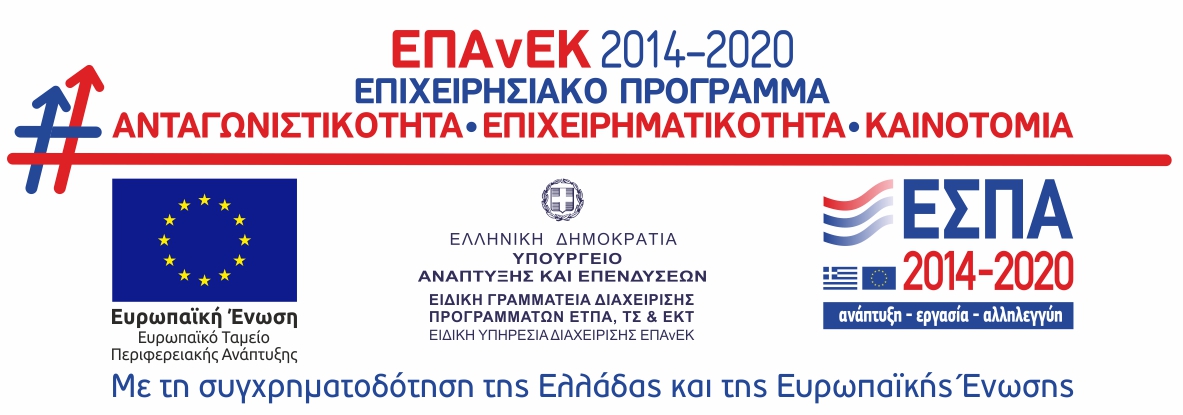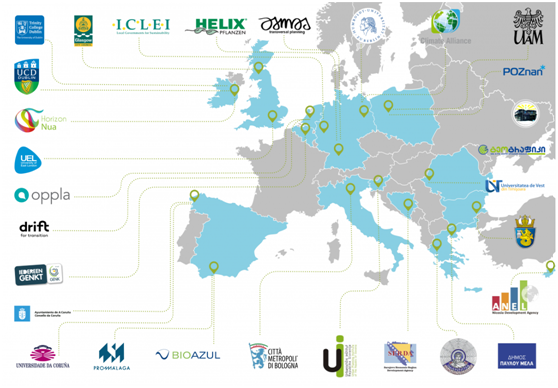Connecting Nature is a €12m five year project funded by the European Commission’s Horizon 2020 Innovation Action Program. With 31 project partners from industry, local authorities, local communities, NGO’s and research in 16 countries, Brazil, China, Korea & The Caucasus (Georgia and Armenia). Our aim by project end is to position Europe as a global leader in the innovation and implementation of nature –based solutions.
We will form a community of cities that fosters peer to peer learning and capacity building among our front runner cities who are experienced in delivering large scale nature-based solutions, and our fast follower cities who have the desire to implement large scale nature-based solutions but lack the expertise. As knowledge and expertise increases, so too will our community to include new members (multiplier cities).
At the same time, project partners will develop policy and practices necessary to scale up urban resilience, innovation and governance using nature-based solutions. Our approach will be open and innovative, fostering the development of co-operation between local governments, SME’s, academic research and community partners to produce a tool kit and guidebook for cities seeking to deliver nature-based solutions in their locales.




